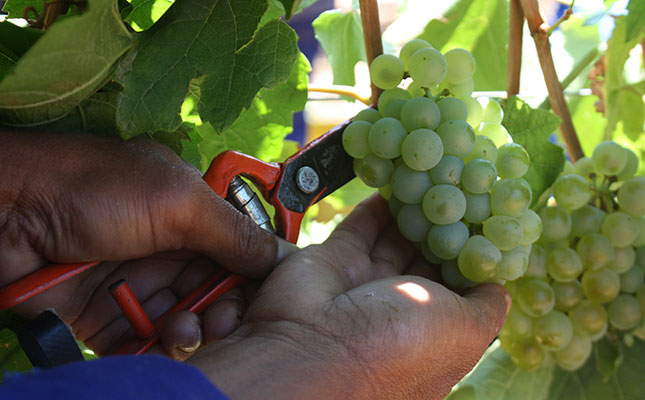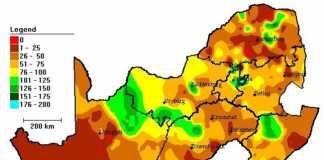
Photo: FW Archive
While some wine producers are still making money, the majority are struggling to make ends meet.
Diemersdal Estate owner-winemaker Thys Louw, who recently released one of the first Sauvignon Blanc wines of the season, said customers were clamouring for its Sauvignon Blanc, despite the crisis in wine sales caused by COVID-19 lockdown measures.
He said he was not overly concerned about the industry’s 645 million litre carry-over stock, of which 300 million litres had not yet been contracted, adding that the true impact of the oversupply would become evident only as the season progressed.
“We’re in the middle of the harvest, so it’s still too early to say how the wine glut will affect farmers.”
He added that bulk wine suppliers had been the hardest hit by the lockdown.
“Those of us selling wine under our own labels and who have managed to build a strong brand are less affected.”
His advice to other farmers was to persevere, as wine production was cyclical.
“Bulk wines were in good demand [from] 2019 until the lockdown started last year, so it’s only a matter of time before prices recover again.”
Andries Blake, general manager of Klawer Wine Cellars, agreed that the wine market was highly cyclical, but pointed out that many farmers had not necessarily benefitted from the higher prices realised in recent years, due to poor harvests as a result of the drought.
Before that, wine prices had also been under severe pressure, which resulted in reduced replanting and many farmers looking for alternative sources of income.
Klawer Wine Cellars had its own label, but most of its wine was sold in bulk.
“Most of our wine is sold to other brand owners on consignment, but many of these brand owners are now struggling to work away surpluses caused by the lockdown,” Blake said.
Like many other cellars, Klawer Wine Cellars was experiencing cash flow problems as it had been unable to sell wine during the lockdown period.
Blake said he expected farmers who over the years had eliminated supply quotas in favour of speculation (selling their wine to the cellar that paid the highest price) would be hardest hit.
“As a cellar, our first obligation is to service the existing supply quotas of our producers. Farmers who don’t have offtake agreements will struggle to sell their wine. Market prices are also already under severe pressure internationally,” he said.










